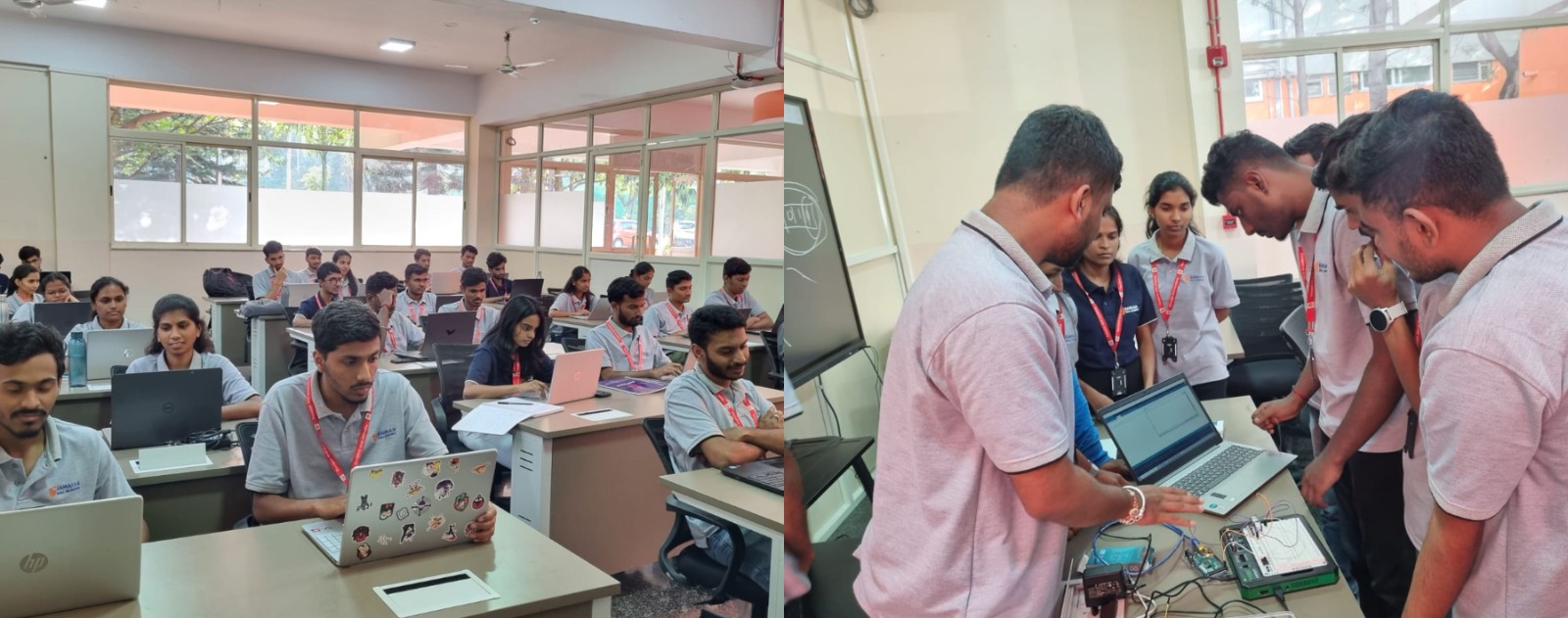

The demand for skilled professionals in VLSI SoC Design and Embedded System Design continues to soar, with the global industry requiring over 100,000 engineers annually. Ramaiah Skill Academy has taken an initiative in addressing this talent gap by offering focused training programs. As a gesture of goodwill, the Academy is providing free training for the inaugural batch of 30 participants in each program.
Recommended by industry experts, the training curriculum stresses Industry-Specific Proficiency and hands-on experience, ensuring participants are well-prepared for careers in the VLSI & Embedded Domains. Delivered over three months as a full-time program, the training is conducted by seasoned professionals and mentors who provide exposure to cutting-edge tools and Proficiency Enrichment Projects.
Beyond technical expertise, the program also focuses on developing personal and professional skills. Upon completing the program and project work, participants receive a Program Completion Certificate and gain access to Good placement support, helping them for rewarding careers.
Embedded Systems Design batch under Goodwill initiative has been a rewarding and insightful experience, offering a deeper understanding of the field and its significance in modern technology. A broad range of topics, from fundamental concepts to practical applications, which not only enhanced the technical skills but also gave a clear perspective on how embedded systems impact various industries.
|
Introduction to Embedded Systems
|
Digital Design Fundamentals
|
|
Programming with C for Embedded Systems
|
Communication Protocols
|
|
Microcontroller Platforms
|
Interfacing Sensors and Actuators
|
|
Low-Level Programming
|
Embedded Linux and RTOS
|
|
ISO Standards and Best Practices
|
Development Tools and Practical Applications
|
| Touch Activated Distance Measurement |
| IoT Door Surveillance System |
| Bluetooth Enabled Security Alert System |
| Local Weather Station |
The Goodwill Program for VLSI System-on-Chip (SoC) Design, is aimed at addressing the growing need for skilled professionals in the Semiconductor Industry. This comprehensive program provide participants with a blend of foundational knowledge and advanced design techniques, equipping them with the practical skills necessary for impactful careers in VLSI design and SoC development.
|
Foundational Course
|
RTL Design and Coding
|
|
ASIC/FPGA Basics
|
Scripting Languages
|
|
EDA Tools and Target Device
|
Practical Applications
Traffic light controller Washing machine controller Mealy overlapping sequence detector Mealy Non-overlapping sequence detector Moore overlapping sequence detector Moore Non-Overlapping sequence detector Dual sequence detector |